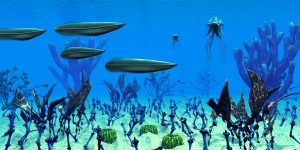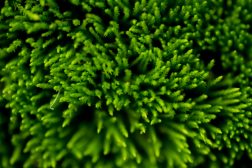Definition
noun
A theory that assumes one or more species impart a role within an ecological unit to maintain dynamic stability and resiliency.
Supplement
Redundancy hypothesis refer to the enhancement of species that can compensate each other if some species loss due to harsh conditions such particular species has the ability to recover from environmental disturbances. This theory considers what species contributed to the ecosystem and services it can offer to an ecological unit, thus elimination of several species does not matter as long as the ecosystem services are compensated.
Redundancy hypothesis entails that the more species are present in an ecological unit, the rate of ecosystem function also increases but up to some point, beyond this point species become redundant and does not have any additional affect to the ecosystem functions, thereby the loss of certain species has no primary effect to the diversity of an ecosystem. There are no fixed relationship between diversity and ecosystem yet the functions of an ecosystem are the results of interaction among species.
Ecological Redundancy Hypothesis are sometimes refer to as functional compensation wherein particular species are characterized to its efficiency in providing services in the community when conditions are stressed in order to maintain and sustain comprehensive stability in the ecosystem. An increase in stressed improve the species susceptibility to the following disturbances, thereby species enhances to the ecosystem resilience.
See also:
- Rivet Hypothesis
- Functional compensation
- Ecosystem services







